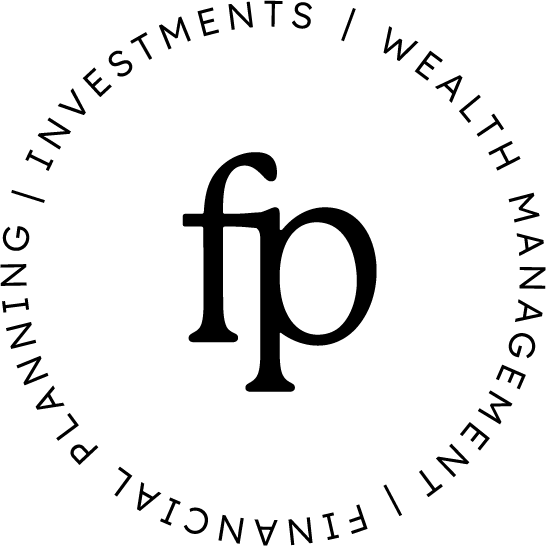Today on the Thrive For[e]ward podcast, we are excited to have our guest, wealth psychology expert and coach Kathleen Burns Kingsbury, founder of KBK Wealth Connection and host of the Breaking Money Silence® podcast. Kathleen (or as I call her KBK) is an internationally published author, speaker, consultant, and coach on the topic of women & wealth as well as, couples & money. Her mission is to empower women, couples, and families as well as the advisors who serve them, to shatter money taboos and communicate more effectively about financial matters.
You are going to want to listen to this episode as we are breaking down the topic of money behaviors today, and specifically regarding how they affect women.
I asked Kathleen some key questions and she provided some insightful content that you will want to hear. I’ll recap below but there is so much more to hear.
How have behaviors placed a role in life transitions?
According to Kathleen, one of the positive things that has come from the last couple years with the pandemic and transitions that people have faced is that we are now seeing women talk more about money. Beginning and owning the conversations with their partners and their children. Due to changes in workforce, more children, and families in transition at home, we also see women making difficult choices around their careers and their families.
How can we talk and not obsess about money?
I found Kathleen’s answer both interesting and not surprising. She indicated that talking often helps when obsessing. Most of the time what is dancing around in her head talking allows you to verbalize and can decrease anxiety. The key is finding a good sounding board and being able to talk from a place that feels good and is productive in moving you forward in a healthy manner.
What’s your money story?
We know that everyone has a money story. It’s the information about how we behave around money. Did you know that between the ages of 5-15 we develop our story? This is referenced as your “money mindset.” Your environment is one the main pieces that creates the behaviors you have with money. You don’t even realize the challenges you might have until you are an adult, it is often then that we see how it affects the decisions you make or not financially and how emotionally you feel surrounding those decisions.
The good news is that your “money mindset” can change. If you do the work!
Personally, at Forethought Planning, when I start working with new clients, I routinely do an exercise to better understand them and their mindset. I ask them what they were taught, what do they want to let go of, and what does their new story look like to them.
Because I didn’t grow up with money, I had a negative impression that people that had money were bad, that they would use money for power or didn’t make good choices. No one told me this, it was just subconsciously how I felt. That said I worked to change this mindset, dug deep to better understand why and how I felt that way – then rewrote my wealth story.
How to hire a financial advisor that you can trust?
Recently, I had a conversation with a friend who shared that she and others had a negative experience with an advisor and had been taken advantage of.
I asked Kathleen … how can you hire someone that is reputable, and you can trust? She had some great suggestions!
1. Trust your gut (if it feels off it probably is)
2. Listen to the sales pitch (if it’s a hard sell and you feel pushed that is a red flag)
3. Interview a few people (ask friends and family for recommendations)
4. Do your research (investigate, google, etc.)
5. Give yourself time (any good financial advisor will allow you time to decide)
What do you suggest for those that don’t hire a professional?
Kathleen indicated that making any decision from a place of emotion isn’t ideal. You never want to make hard decisions especially regarding financial decisions from a place of high emotion.
If you are managing your finances and investments, you need to have an investment philosophy. Ask yourself, when will you invest? When will you cash out?
You need accountability. That is the benefit to working with a professional advisor so if you are not doing that you will need to create a system to be accountable for the decisions you make.
If you would like to learn more about Kathleen, I invite you to visit her website at:
And, if you are interested in learning more about Forethought Planning and how we can help you on your journey, please schedule an appointment to our complimentary 30 min Wealth Assessment session to learn more about how we incorporate these strategies and others to assist you through the financial planning process.
Let us know if you have a topic you would like us to explore on the podcast we want to hear from you. Please email us at [email protected]
If you have a topic you would like us to explore on the podcast we want to hear from you. Please email us at [email protected] and in the meantime, we hope you continue to join us on this series and invite you to schedule an appointment to our complimentary 30 min Wealth Assessment session to learn more aout how we incorporate these strategies and other’s to assist you through the financial planning process.
No strategy assures success or protects against loss. Investing involves risk. Loss, including loss of principal, may occur.
Securities offered through LPL Financial, a member of FINRA/SIPC. Advisory services offered through Advisors’ Pride, a SEC registered investment advisor. LPL Financial, Advisors’ Pride, Forethought Planning and the guests of Thrive For[e]ward podcast are separate and unaffiliated parties. Any of the parties listed above are not affiliated with Forethought Planning, Advisor’s Pride, or LPL Financial. The views expressed here are those of the participants, and not those of Forethought Planning, Advisor’s Pride, or LPL financial. The opinions voiced in this material are for general information only and are not intended to provide specific advice or recommendations for any individual. LPL Financial and Forethought Planning do not offer legal services.
Socially Responsible Investing (SRI) / Environmental Social Governance (ESG) investing has certain risks based on the fact that the criteria excludes securities of certain issues for non-financial reasons, and therefore, investors may forgo some market opportunities and the universe of investments available will be smaller.





